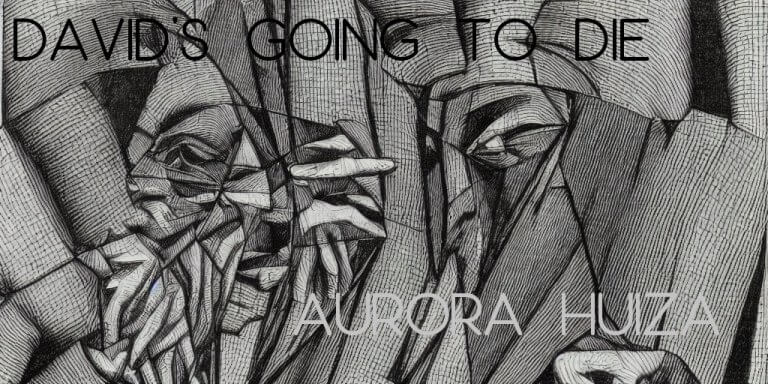
DAVID’S GOING TO DIE by Aurora Huiza
Everybody in that coffee shop was always standing around, walking into each other, then backing up and trying again, like Sims, walking into the fridge, backing up, trying again.

Everybody in that coffee shop was always standing around, walking into each other, then backing up and trying again, like Sims, walking into the fridge, backing up, trying again.
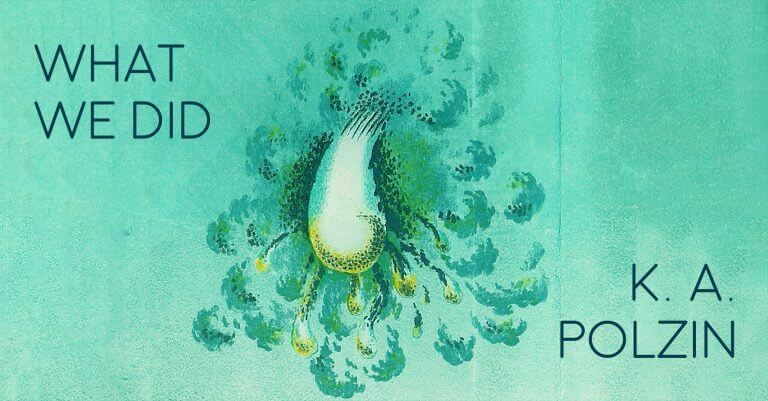
Then there was nothing left to sell. The blood bank told us we needed to give our veins a rest. Should we try pickpocketing, we wondered.

That morning at Rincon marked a change in my relationship to the dinosaurs. Fewer and fewer would muster when I called a session until I stopped doing it so much. Felt like I was bugging them.
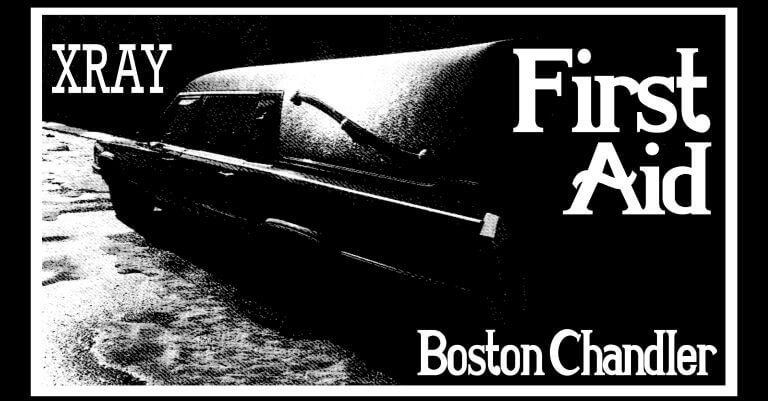
“Get out of here, pervert.” He doesn’t get out of here. People watch from their small islands of striped towels and coolers.
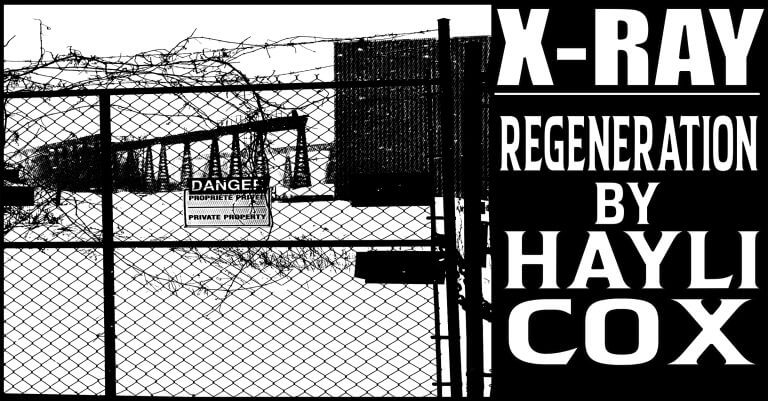
Momma’s bones are broken in so many places that the images look like fins in their oceanic blue-black glow. She’s lost so much lately.

We think about shaving and razors and haircuts and the whole fashion of manipulating the body into approved shapes. We wish our teeth were sharper, stronger.
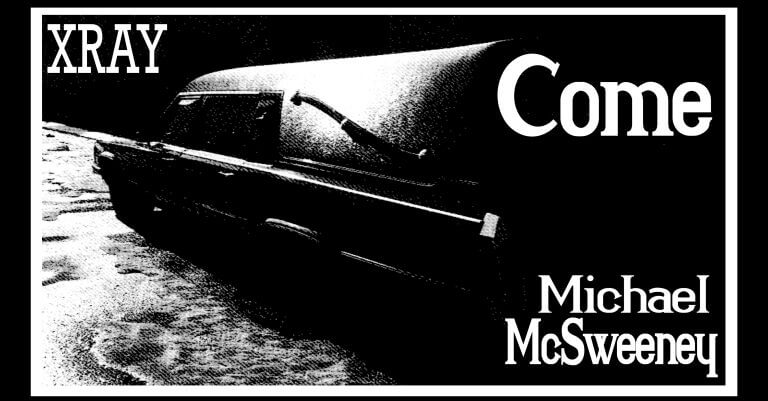
I listened to their conversation and paced a circle around the fire. Drank my beer. I didn’t know who Dayna was but something sounded heavy and neglected in the other guy’s voice.
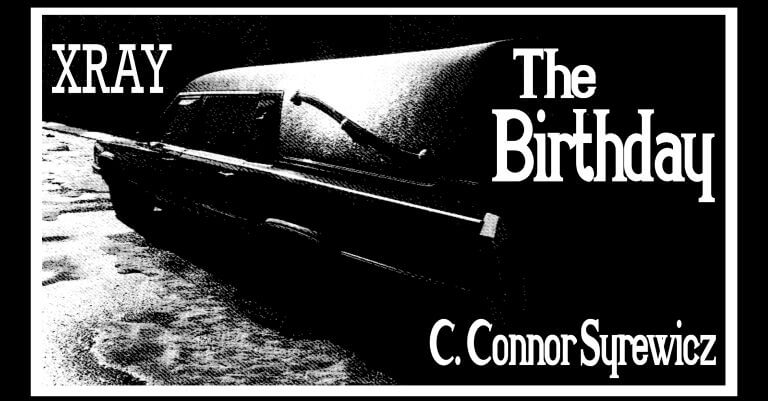
Sometimes, we talk. Sports, TV—that sort of thing. Every so often, he invites me for drinks, but I always make up an excuse.

You ain’t never punched nobody before. But you know how it’s done. You’ve seen enough movies.

Like the Ship of Theseus—was it the same skateboard if the deck was different? In my mind it was part of a lineage.
